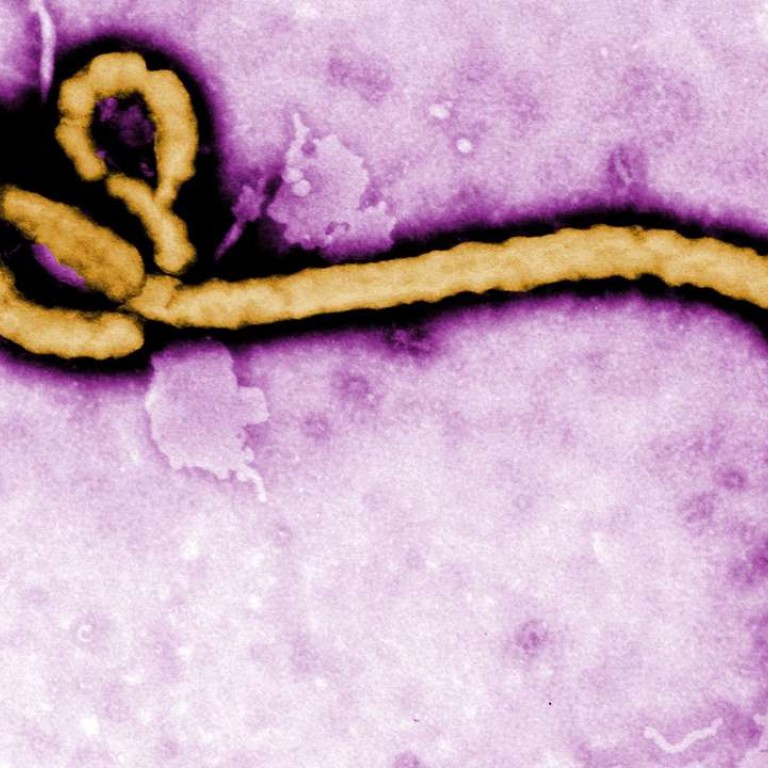
Pig experiment may have exposed Canadian lab worker to Ebola
A Canadian laboratory worker may have been accidentally exposed to Ebola on Monday while handling pigs infected with the virus as part of an experiment, government officials said on Tuesday.
The man noticed a split in the seam of his protective suit during standard decontamination procedures and prior to leaving the Winnipeg, Manitoba lab, said John Copps, director of Canadian Food Inspection Agency’s (CFIA) National Centre for Foreign Animal Disease, where the incident happened.
All proper emergency procedures were followed and the risk to the employee, co-workers and community are low, Copps said.
Ebola grabbed global attention in 2014 during an epidemic in West Africa that killed thousands. The Winnipeg animal disease lab is on the same site as a microbiology laboratory where scientists developed an experimental Ebola vaccine.
The facility, which employs about 600 staff, is one of only a handful of North American labs capable of handling pathogens requiring the highest level of containment.
There have been no confirmed Ebola cases in Canada, according to the Public Health Agency’s website.
The employee has agreed to be isolated and will be monitored for symptoms by health officials for 21 days, Copps said. The man had no contact with other employees before realising the risk of possible infection, a CFIA spokeswoman said.
The experiment involved treating six pigs with interferons, which are proteins made by cells of the immune system, and then infecting them with Ebola to see if interferons can affect the disease’s outcome, Copps said.
The man, who was not identified, was suited up to move an anaesthetised pig to be sampled. It is unclear how the suit, which was new, had ripped, Copps said.
Standard procedure is to check the protective bodysuits at least once a week for any sign of punctures or tearing.
Ebola is spread through bodily fluids and individuals are not considered infectious until they develop symptoms, which has not happened in this case, said Theresa Tam, deputy chief public health officer of Canada’s Public Health Agency.
She said the employee was offered an Ebola vaccine, but officials would not say if it was used.

